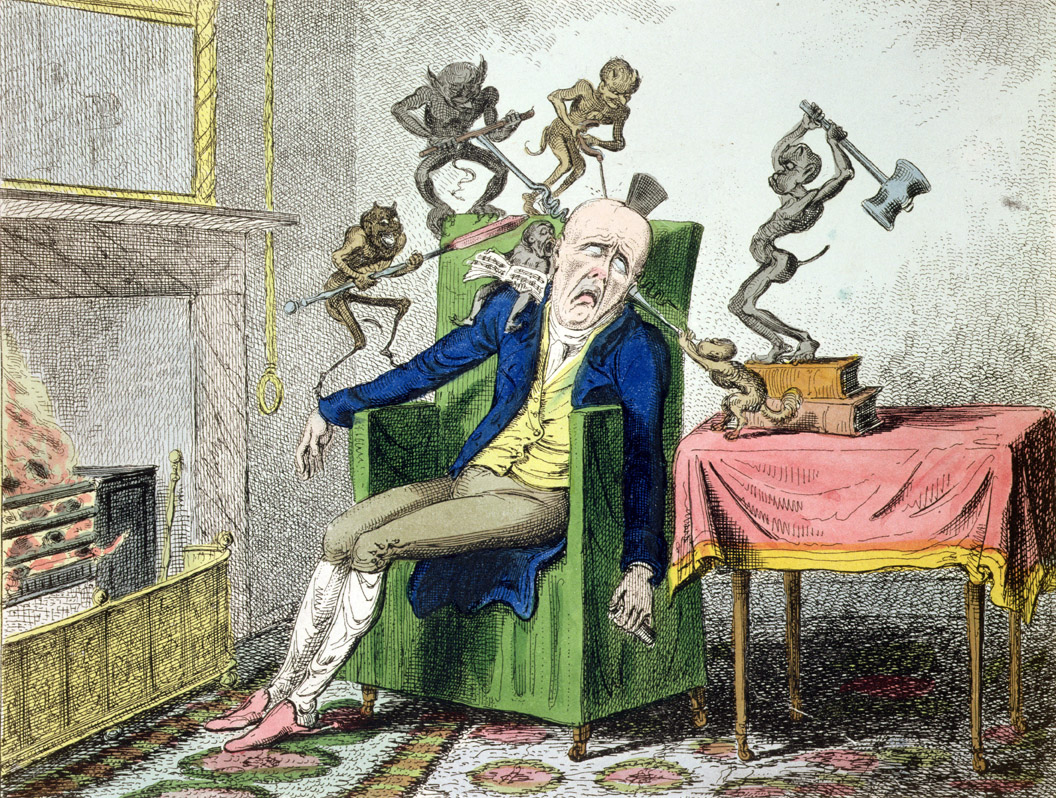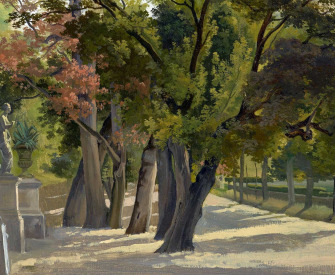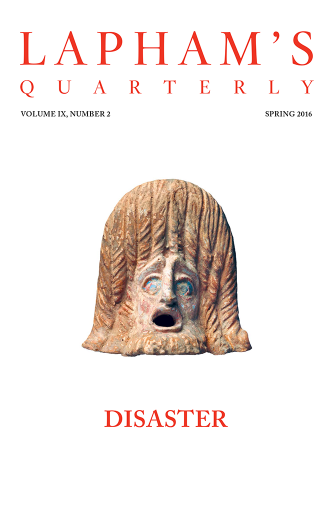The whale was brought to the Pequod’s side, where all the cutting and hoisting operations were regularly gone through, even to the baling of the case, the part of the sperm whale’s head filled with the most precious of his oily vintages, namely the highly prized spermaceti in its absolutely pure, limpid, and odiferous state.
While some were occupied with this latter duty, others were employed in dragging away the larger tubs, so soon as filled with the sperm; and when the proper time arrived, this same sperm was carefully manipulated ere going to the try works.
It had cooled and crystallized to such a degree that when, with several others, I sat down before a large Constantine’s bath of it, I found it strangely concreted into lumps, here and there rolling about in the liquid part. It was our business to squeeze these lumps back into fluid. A sweet and unctuous duty! No wonder that in old times this sperm was such a favorite cosmetic. Such a clearer! Such a sweetener! Such a softener! Such a delicious mollifier! After having my hands in it for only a few minutes, my fingers felt like eels, and began, as it were, to serpentine and spiralize.
As I sat there at my ease, cross-legged on the deck, under a blue tranquil sky, the ship under indolent sail and gliding so serenely along; as I bathed my hands among those soft, gentle globules of infiltrated tissues, woven almost within the hour; as they richly broke to my fingers and discharged all their opulence, like fully ripe grapes their wine; as I snuffed up that uncontaminated aroma—literally and truly, like the smell of spring violets—I declare to you, that for the time I lived as in a musky meadow; I forgot all about our horrible oath of violence and revenge against the White Whale; in that inexpressible sperm, I washed my hands and my heart of it; I almost began to credit the old Paracelsan superstition that sperm is of rare virtue in allaying the heat of anger: while bathing in that bath, I felt divinely free from all ill will, or petulance, or malice, of any sort whatsoever.

The Headache, by George Cruikshank, c. 1830.
Squeeze! Squeeze! Squeeze! All the morning long, I squeezed that sperm till I myself almost melted into it; I squeezed that sperm till a strange sort of insanity came over me, and I found myself unwittingly squeezing my colaborers’ hands in it, mistaking their hands for the gentle globules. Such an abounding, affectionate, friendly, loving feeling did this avocation beget, that at last I was continually squeezing their hands and looking up into their eyes sentimentally; as much as to say, Oh! my dear fellow beings, why should we longer cherish any social acerbities, or know the slightest ill humor or envy! Come; let us squeeze hands all round; nay, let us all squeeze ourselves into each other; let us squeeze ourselves universally into the very milk and sperm of kindness.
Would that I could keep squeezing that sperm forever! For now, since by many prolonged, repeated experiences, I have perceived that in all cases man must eventually lower, or at least shift, his conceit of attainable felicity; not placing it anywhere in the intellect or the fancy, but in the wife, the heart, the bed, the table, the saddle, the fireside, the country; now that I have perceived all this, I am ready to squeeze case eternally. In thoughts of the visions of the night, I saw long rows of angels in paradise, each with his hands in a jar of spermaceti.
From Moby Dick. After writing two successful adventure novels based on his experiences as a sailor, Typee and Omoo, Melville published the fantastical Mardi in 1849. It did not sell well. By May 1850, Melville wrote to Richard Henry Dana Jr. to report that he was half done with his whaling book, and that summer he met Nathaniel Hawthorne, to whom he dedicated Moby Dick, published in 1851. When he died at the age of seventy-two in 1891, one obituary noted that “even his own generation has long thought him dead.”
Back to Issue






